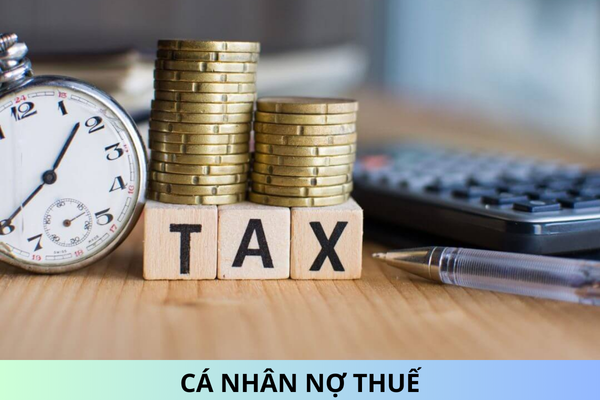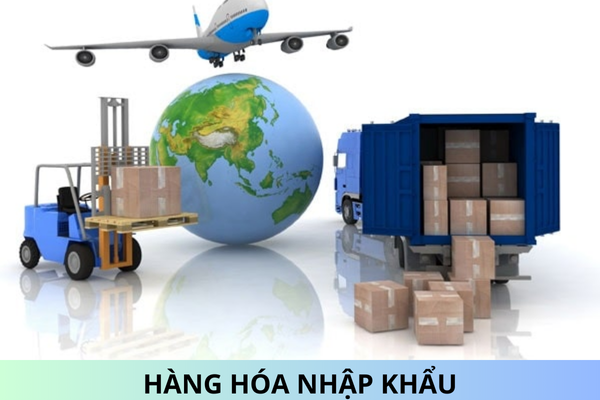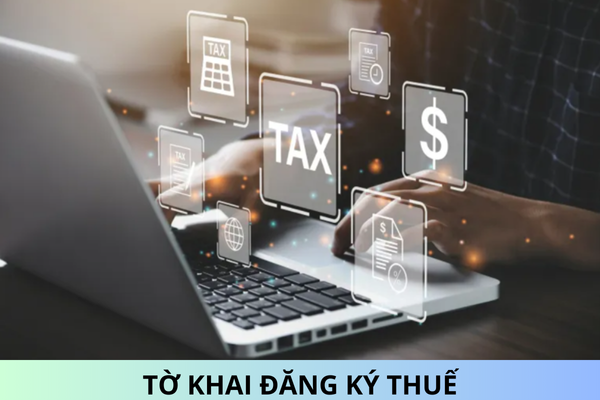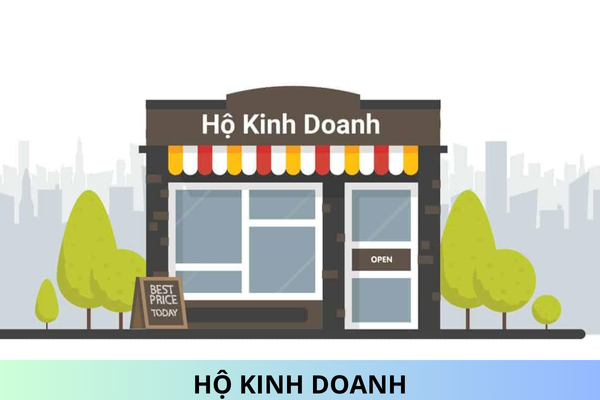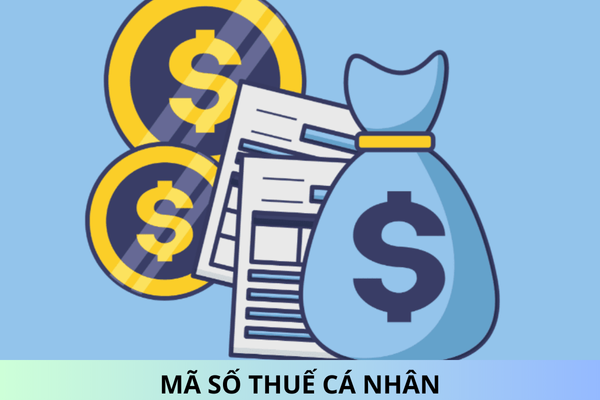Which subjects does the 5% value-added tax rate apply to in Vietnam?
What are principles of tax administration in Vietnam?
Based on Article 5 of the Tax Administration Law 2019, the principles of tax administration are defined as follows:
- All organizations, households, business households, and individuals are obliged to pay taxes as stipulated by law.
- Tax administration agencies and other State agencies assigned to manage tax collection carry out tax administration in accordance with regulations, ensuring transparency, equality, and protection of the lawful rights and interests of taxpayers.
- Agencies, organizations, and individuals are responsible for participating in tax administration according to the provisions of law.
- Implement administrative procedure reforms and apply modern information technology in tax administration; apply international tax administration principles, including the principle that the nature of activities and transactions determines tax obligations, the principle of risk management in tax administration, and other principles aligned with Vietnam’s conditions.
- Apply preferential measures for performing tax procedures for exported and imported goods according to customs regulations and the Government of Vietnam's regulations.
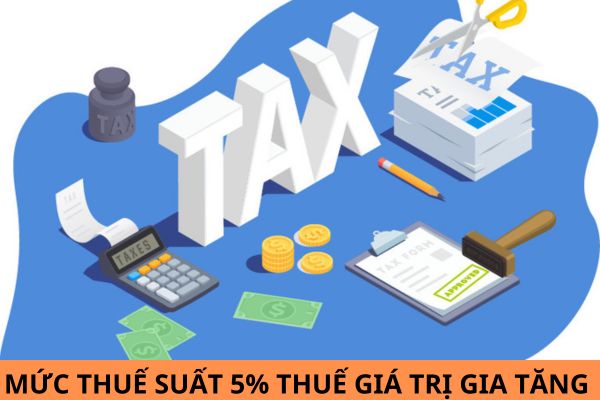
Which subjects does the 5% value-added tax rate apply to in Vietnam? (Image from the Internet)
Which subjects does the 5% value-added tax rate apply to in Vietnam?
Based on Clause 2, Article 8 of the Value-Added Tax Law 2008 (amended and supplemented by Clause 3, Article 1; Clause 2, Clause 3, Article 2 of the Amended Value-Added Tax Law 2013, and amended by Clause 2, Article 1 of the Amended Value-Added Tax Law, Special Consumption Tax Law, and Tax Administration Law 2016), the tax rates are stipulated as follows:
Article 8. Tax Rates
[...]
- The 5% tax rate applies to the following goods and services:
a) Clean water for production and daily life;
b) Ores for fertilizer production; pesticides and growth stimulants for livestock and crops;
d) Services of digging, dredging, canals, ponds, and lakes for agricultural production; planting, caring, and pest control for crops; preliminary processing and preservation of agricultural products;
[...]
The 5% tax rate applies to the following goods and services:
- Clean water for production and daily life
- Ores for fertilizer production; pesticides and growth stimulants for livestock and crops
- Services of digging, dredging, canals, ponds, and lakes for agricultural production
- Planting, caring, and pest control for crops
- Preliminary processing and preservation of agricultural products
- Unprocessed agricultural, livestock, and fisheries products, except as specified in Clause 1, Article 5 of the Value-Added Tax Law 2008
- Crude rubber; processed pine resin; nets, netting ropes, and fibers for weaving fishing nets
- Fresh food; unprocessed forest products, except wood, bamboo shoots, and products specified in Clause 1, Article 5 of the Value-Added Tax Law 2008
- Sugar; by-products in sugar production, including molasses, bagasse, and filter mud
- Jute, bamboo, rattan, straw, coconut shells, coconut husks, water hyacinth, and other handicraft products made from agricultural waste materials; preliminary processed cotton; newsprint
- Medical equipment and instruments, cotton, medical bandages; disease prevention and cure drugs; pharmaceutical and herbal products that are raw materials for drug production
- Teaching aids and learning tools, including models, drawings, boards, chalk, rulers, compasses, and other specialized equipment and tools for teaching, research, and scientific experiments
- Cultural, exhibition, sports activities; art performances, film production; import, distribution, and screening of films
- Children's toys; books of all kinds, except books specified in Clause 15, Article 5 of the Value-Added Tax Law 2008
- Scientific and technological services as stipulated in the Science and Technology Law
- Sales, leases, rent purchases of social housing as stipulated in the Housing Law
Which acts are prohibited in tax administration in Vietnam?
Based on Article 6 of the Tax Administration Law 2019, the prohibited acts in tax administration include:
- Collusion, complicity, and concealment between taxpayers and tax administration officials or tax administration agencies to transfer pricing, evade taxes.
- Causing inconvenience and harassment to taxpayers.
- Exploiting to embezzle or illegally use tax money.
- Intentionally failing to declare or inaccurately, incompletely, and promptly declaring the payable tax amount.
- Obstructing tax administration officials from performing their official duties.
- Using another taxpayer's tax code to commit illegal acts or allowing others to use one’s tax code contrary to the law.
- Selling goods, providing services without issuing invoices as stipulated by law, using illegal invoices, and unlawfully using invoices.
- Distorting, misusing, unauthorized access, or destroying taxpayers' information systems.

